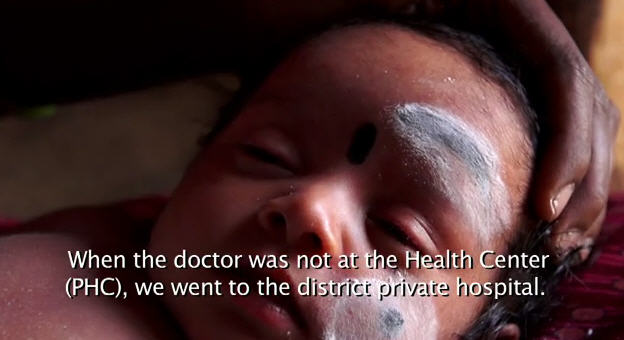 Mobile Phones Are Repairing India’s Broken Healthcare System (Video)
Mobile Phones Are Repairing India’s Broken Healthcare System (Video)

The lack of resources in India makes healthcare not the readily available sort of service you would expect. Doctors and staff absenteeism from public medical facilities prevent many citizens from accessing care. A non profit has decided to change all that.
They've created a system that uses mobile phones to check up on healthcare workers’ attendance. The Indo-Deutch Project Management Society (IDPMS) will track SMS messages reporting staff absences sent by local patients, and maps the regions and facilities where this is most prevalent. The maps will be made available to locals.
“Technology presents great potential to influence the flow of information,” says Oscar Abello, senior program associate at the Results for Development Institute, which created the IDPMS video. “Information used to be spread by the country or the state. People can now start from the ground level to create a feedback loop, so the government can finally be held accountable.”
IDPMS focuses on bringing accountability to rural services provided by the government. Perhaps one better way to approach it instead of making clinics that are near accessible to rural folk that have no doctors or staff in them. The organization found rural villagers deprived of health services, reporting that doctors only showed up to the public health centers two or three days each week.
The IDPMS study found doctors available for only four hours per day and entirely unavailable for 100 days each year. Many impoverished Indians turn to expensive services at private hospitals because of this. If the lack of accountability checks at the local level, eventhough doctors are paid regardless of their attendance, this would be a cry out in irresponsible behavior.
Thanks to the mobile system, as the organization believes, can help bring about change into the healthcare system for ordinary citizens.
“We want local organizations to be the ones creating these accountability programs, because they’re the only ones capable of creating sustainable change and they have the capability of applying those skills to other prominent issues,” Abello says. “This way, local groups are known as the problem solvers in their own countries.”







